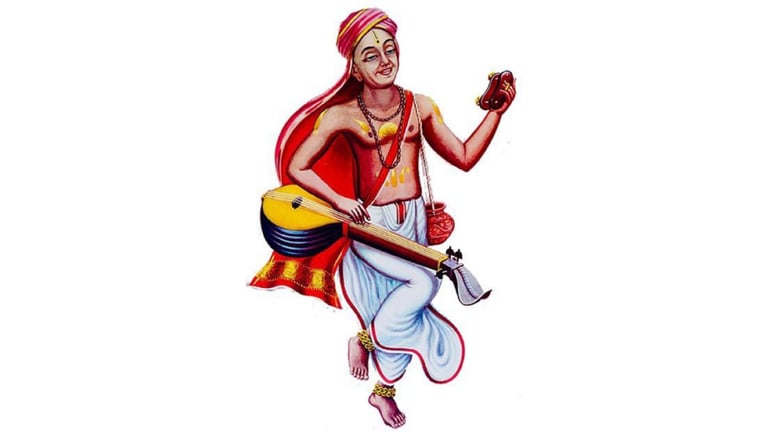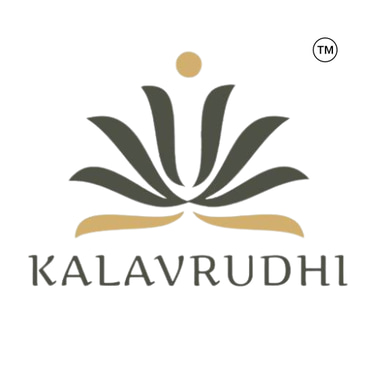
"The Harmony of Tradition: Unveiling the Benefits of Carnatic Music"
Discover the profound impact of Carnatic music on the mind, body, and soul. This blog explores the myriad benefits of this ancient art form, from enhancing cognitive abilities and emotional well-being to fostering creativity and connecting with Indian cultural heritage. Unveil how Carnatic music serves as a timeless source of joy, discipline, and spiritual growth.
Jayadevan
12/15/20242 min read


Learning Carnatic music, a rich and intricate classical music tradition from South India, offers a multitude of benefits that span across emotional, intellectual, physical, and cultural dimensions. Here are some of the key benefits:
1. Enhances Cognitive Abilities
Improved Memory and Concentration: Learning complex ragas, talas, and compositions sharpens memory and improves focus.
Mathematical Skills: The rhythmic patterns (tala) involve mathematical precision, enhancing analytical and problem-solving skills.
2. Emotional Well-being
Stress Relief: Singing or listening to Carnatic music has a calming effect, helping to reduce stress and anxiety.
Emotional Expression: Carnatic music allows for deep emotional expression through ragas that evoke specific moods and feelings.
3. Physical Benefits
Breath Control: Practicing Carnatic music strengthens lung capacity and improves breathing techniques, benefiting overall respiratory health.
Voice Modulation: Regular vocal practice improves voice quality, range, and control.
4. Cultural and Spiritual Growth
Connection to Heritage: Carnatic music fosters a deep appreciation for Indian culture, tradition, and spirituality.
Spiritual Enrichment: Many compositions are devotional and foster a sense of peace, devotion, and inner connection.
5. Improves Discipline and Perseverance
Rigorous Practice: The structured learning process instills discipline and dedication.
Patience and Perseverance: Mastery of Carnatic music requires consistent effort, teaching valuable life skills.
6. Enhances Creativity
Improvisation Skills: Carnatic music emphasizes manodharma (improvisation), which nurtures creativity and originality.
Artistic Expression: Exploring ragas and compositions allows for unique artistic interpretations.
7. Social and Communication Skills
Stage Confidence: Performing Carnatic music in front of an audience boosts confidence and public-speaking skills.
Collaborative Spirit: Group performances like jugalbandis and ensemble concerts promote teamwork and coordination.
8. Therapeutic and Healing Effects
Music Therapy: The soothing melodies and vibrations of Carnatic music can aid in relaxation, healing, and emotional well-being.
Health Benefits: Certain ragas are believed to have therapeutic effects, positively impacting the mind and body.
9. Academic and Professional Opportunities
Interdisciplinary Learning: Knowledge of Carnatic music complements studies in musicology, linguistics, and cultural studies.
Career Pathways: Proficiency in Carnatic music opens doors to careers in teaching, performing, composing, and music research.
10. Lifelong Passion
Sense of Fulfillment: Learning and practicing Carnatic music provides a lifelong source of joy and personal satisfaction.
Community and Legacy: It connects learners to a vibrant community of musicians and keeps a centuries-old tradition alive.
Contacts
namaste@kalavrudhi.in
Socials
Subscribe Newsletter
+91 9941 587 838
© 2009-2026 - kalavrudhi . All Rights Reserved.
Info
No:014B,Gokulam Veeramamunivar Street, Teachers Colony , Erode - 638011
Kalavrudhi
